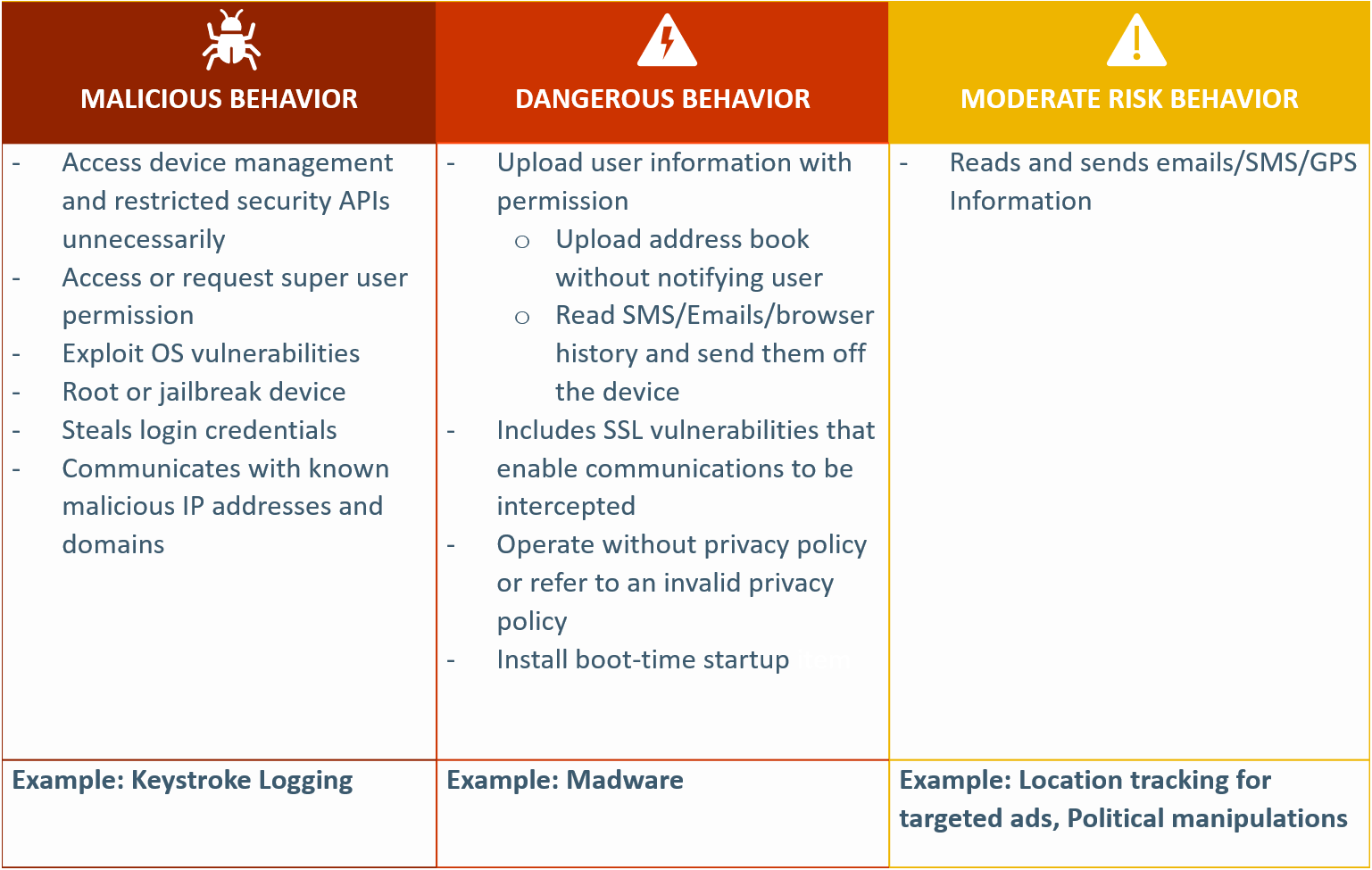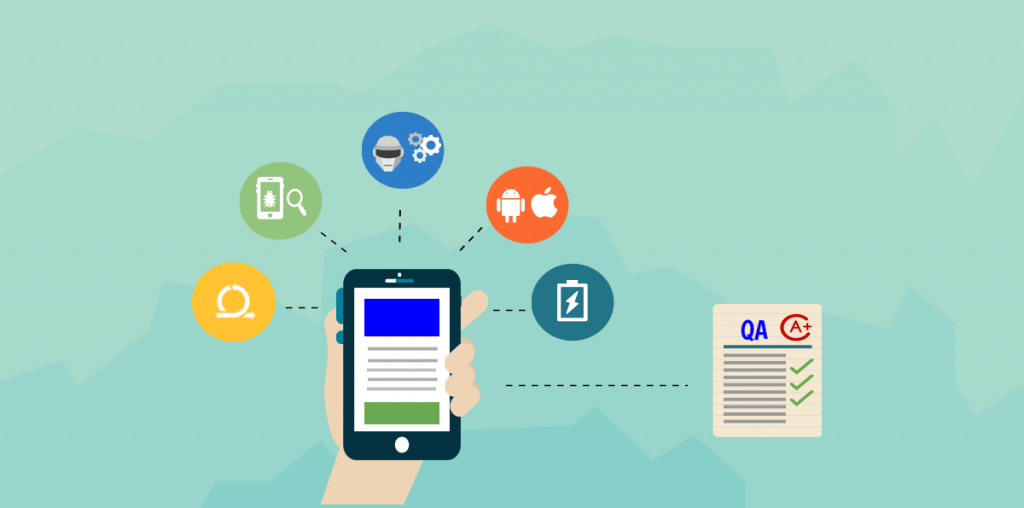Fire and fury. This was the feeling etched in the minds of the 2 billion strong userbase of Facebook once the Cambridge Analytica scandal came to limelight. Cambridge Analytica, a political consultancy firm based out of Dallas, US and London, UK, had assimilated data of millions of Facebook users with an app called thisisyourdigitallife, with no indication to users on how their data will be manipulated. It had then used this data to create psychological profiles of millions of people, sending them targeted ads to influence and sway their votes in the favor of Cambridge Analytica’s clients.
Has Cambridge Analytica been successful? The firm was involved and attributed in turning the tide towards Brexit by targeting voters with likeminded ads. Similarly, it was part of the Trump campaign, sending targeted ads and content to voters with specific psychological traits.
Closer home, Cambridge Analytica was found to have played in a role in the 2010 Bihar Legislative Assembly elections. Apart from this, both Congress and BJP are said to have worked with the now disgraced agency to use analytics and glean insights about Indian voters.
In today’s digital age, where data has become the new currency, netizens have risen in numbers against loss of private and sensitive information, and misuse of the trust they had on Facebook. In fact, in March 2018, the growing negative perception of the social media giant led to a $60 billion drop in market capitalization.
Mark Zuckerberg, Facebook’s CEO has since testified before the US Senate Judiciary and Commerce committees, apologized for Facebook’s lapse and has vowed to enforce stronger data protection policies.
Given this atmosphere of absolute disregard for user data privacy, are mobile apps stealing your personal data? Is your data safe? How does your data get leaked anyway? Let’s explore in this blog post.
How is data leaked and what happens with it?
As per ProofPoint, mobile app data theft risks can be categorized as:

Let’s look at a few examples of how your data can be stolen by mobile apps without your knowledge:
Unwanted ads – Madware
Beware of free apps. When you are unable to ascertain how a mobile app makes money most probably you and your data are being monetized by being targeted with ads. Madware is a much more aggressive version of advertising. Madware disrupts user experience and potentially exposes sensitive information such as location, contact information and device identifiers to cybercriminals. It enters your phone when you download an app and makes changes to browser settings automatically, allowing ads to pop up over all sorts of apps.
Location and internet access for targeted adds
Sometimes apps can seek location and internet access even when they don’t require it for functional purposes. In such cases, if you provide permission without understanding about it, your location might get tracked and you will receive location-specific ads over the internet. There have been incidents where even with the GPS being off, device location was tracked using cellphone towers, accelerometer and other features without the user’s permission.
Monetary loss – keystroke logging
Your bank accounts may be compromised if confidential data such as passwords and access codes can be read from the phone by malicious mobile apps. Some apps demand permission to SMS and call records. Such apps may employ keystroke logging to gather information such as credit card numbers, bank account passwords and more.
Echo Chambers and Political Manipulations
Psychology has always been a tool for politicians to turn collective minds in their favour. Fake news is spread, hate speeches are made to instigate reactions that complement their party’s agenda. But with social media, some political strategists have gone a step further. They use illegal means to collect social media data of millions of users using apps, to analyze and form psychological traits that will sway voting choices.
It is apparent that hackers are employing various new ways to get hold of your private data for their personal gains. That politicians have jumped into the fray is distressing. Given the dangers of security lapses and data theft, what can app developers and we as users do to remain vigilant and cautious? Read our next part – Are mobile apps stealing your personal data? Part Two – to know more.





